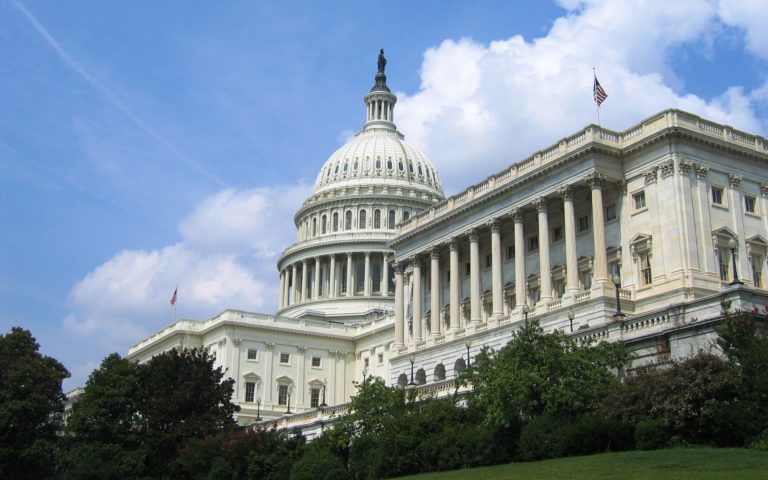“American taxpayers should not be forced to subsidize investments that benefit the Chinese Communist Party,” according to U.S. Rep. Mike Gallagher, a Republican from Wisconsin. “[I]nstitutions that want preferential tax treatment must choose ….”
The federal tax exemption for organizations investing in certain Chinese companies would be removed under legislation introduced in the U.S. Congress. The Dump Investments in Troublesome Communist Holdings Act—the DITCH Act—would force nonprofits, university endowments, public pension plans, and any other tax-exempt group to divest from the Chinese companies or lose their exempt status under the Internal Revenue Code, as Fox News reported yesterday.
U.S. Rep. Mike Gallagher, a Wisconsin Republican who chairs the House Select Committee on the Chinese Communist Party (CCP), is introducing the bill in the House of Representatives. In the Senate, a companion bill will be introduced by Sen. Josh Hawley, a Republican from Missouri. They also introduced the bill during the last Congress.
The House Select Committee describes the DITCH Act’s purpose as to “prevent tax-exempt entities from aiding the People’s Liberation Army and helping the CCP finance its techno-totalitarian state.”
“American taxpayers should not be forced to subsidize investments that benefit the Chinese Communist Party,” according to Gallagher “Universities, non-profits, public pension funds, and other institutions that want preferential tax treatment must choose: are they committed to their professed values or to financing a genocidal communist regime?”
“Universities, foundations, and other entities are exempt from federal income tax for their work promoting the public good in the United States,” Hawley said. “Investing in China does the opposite: it advances the economic ambitions and military modernization efforts of the Chinese Communist Party while selling out American workers and values. These tax-exempt entities must stop investing in China or lose their tax-exempt status.”
The bill allows the Treasury Secretary to waive the requirement if a tax-exempt group’s need to hold certain Chinese assets outweighs the national-security risk.



